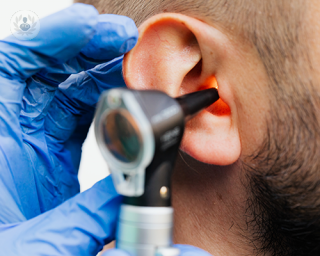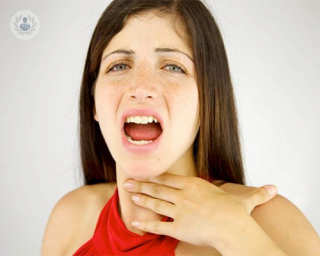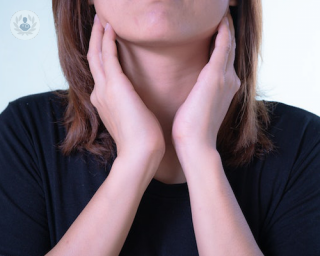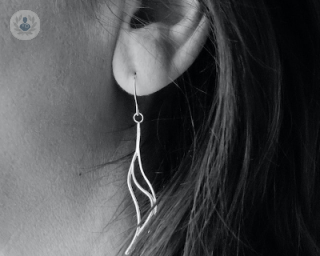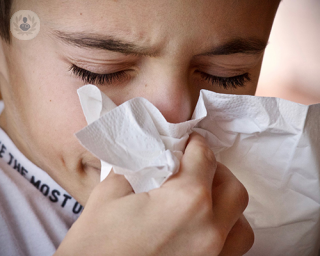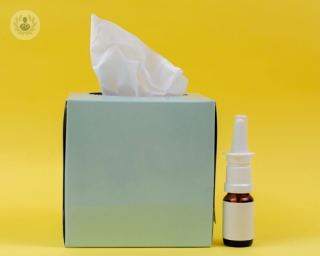
By Mr Thomas Jacques
24.03.23
Otolaryngology / ENT
Smell disorders: all your questions answered
There are a number of different ways in which smells can change. Some people experience a complete loss of the sense of smell, named anosmia. However, for a lot of people some sense of smell remains and it is not as sensitive as it used to be. Partial loss of sense smell is called hyposmia. Patients suffering from smell loss quite often complain of parosmia. Parosmia means there is a distortion of the sense of smell. Common things such as food, drink or perfume start to smell wrong and often quite unpleasant. Less commonly, patients can percieve smells that other people cannot smell. Sometimes they smell an unpleasant smell in their own nose due to sinus problems. Occassionally, some people begin to experience smells that are not there such as the smell of smoke when there is none at all. This is called phantosmia. With smell disorders, quite often the sense of taste is also affected. This is because most of your ability to distinguish between flavours is due to smelling the food that is in your mouth. Your tongue can only detect basic tastes like salt, sour, sweet or bitter. Less commonly, patients can percieve smells that other people cannot smell. Sometimes they smell an unpleasant smell in their own nose due to sinus problems. Occassionally, some people begin to experience smells that are not there such as the smell of smoke when there is none at all. This is called phantosmia. With smell disorders, quite often the sense of taste is also affected. This is because most of your ability to distinguish between flavours is due to smelling the food that is in your mouth. Your tongue can only detect basic tastes like salt, sour, sweet or bitter.

